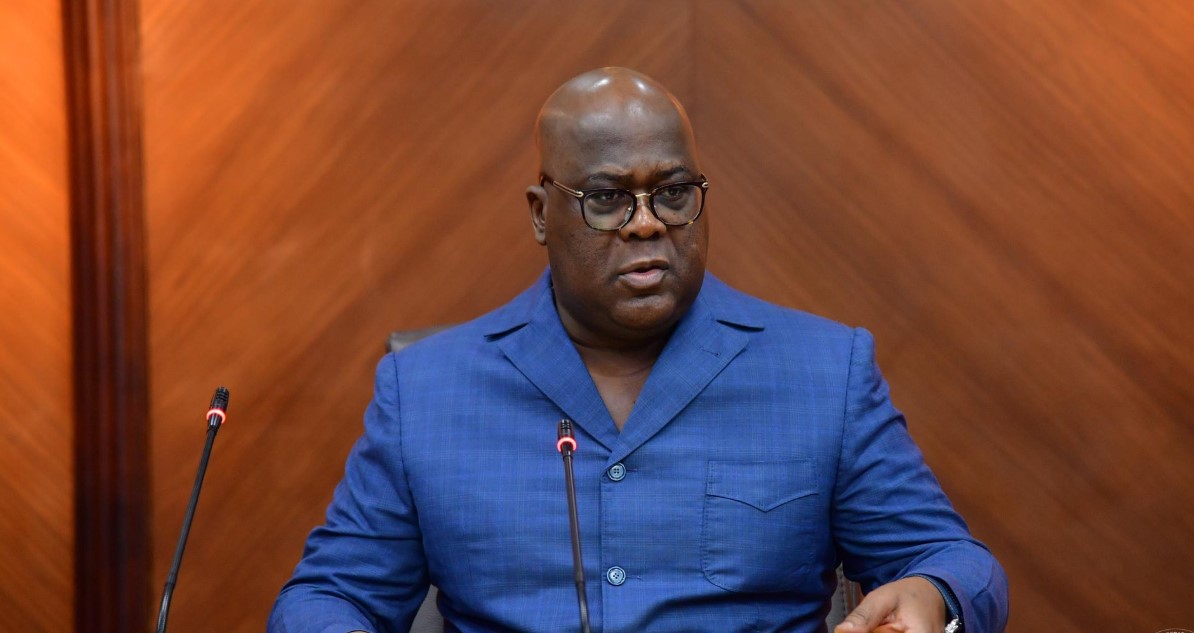
The embattled president of Congo is thinking about meeting with M23 rebels
Felix Tshisekedi, the president of the Democratic Republic of the Congo, has long denied talks with the M23 rebels, who are backed by Rwanda and tearing through the country’s eastern regions. However, a series of setbacks and dwindling regional backing have made him reconsider.
At a time when the rebels are still capturing area rich in coltan, tantalum, and other minerals, neighboring Angola surprised many this week by announcing that Congo and M23 would hold direct negotiations in its capital on March 18.
Although Tshisekedi’s administration has not made a public commitment as of yet, three government sources told Reuters this week that he was seriously thinking about sending a delegation.
According to diplomats and analysts, regional powers seem to concur that discussion is the only viable option, given the feeble fight being put up by Congo’s army and allies against the rebel assault.
One senior official stated, “I haven’t spoken to any African nation that says Kinshasa shouldn’t communicate with M23.”
“The line of everyone is, ‘How do you stop the fighting if you don’t engage with them?'”
On Friday, one source stated that while government involvement was certain, it was still too early to determine Kinshasa’s representative in Luanda.
According to some sources, the discussion was still going on and a decision was probably not going to be reached until the following week.
On Thursday, M23 stated that it was requesting that Tshisekedi make a firm promise to hold discussions.
The structure and how the discussions sponsored by Angola would adhere to rulings from regional bodies working to end the conflict were questioned by both sides.
Foreign and defense ministers from South and East Africa are scheduled to gather in Harare on Monday to talk about the movement for political dialogue and an end to the fighting.
The military’s “failed” strategy
According to U.N. analysts, M23 is supported by thousands of Rwandan troops, and since late January, they have taken control of the two largest cities in east Congo as well as numerous smaller towns thanks to their superior weapons and equipment.
Rwanda claims its forces are defending themselves against the Congolese army and anti-Kigali militias, and denies supplying M23 with weapons and troops.
Kinshasa would probably be quite opposed to sitting down with M23, especially in light of Tshisekedi’s repeated promises that he would never do so.
Bob Kabamba, a Congolese analyst at the University of Liege in Belgium, said it would be a recognition that Tshisekedi’s efforts to find a military solution have “failed.”
“Kinshasa’s position of dialogue is understandable because it finds itself stuck, thinking that the (rebel alliance) must not reach a critical threshold,” he stated.
It’s possible that Angola, Congo’s neighbor, made a similar decision because it didn’t want to get sucked into another regional conflict like the ones that killed millions of people in the 1990s and early 2000s.
Stephanie Wolters, a Congo analyst with South Africa’s Institute for Security Studies, stated that “Angola has clearly decided that it is necessary to intervene to prevent the advance of the M23 towards the west of the DRC.”
Southern African nations’ agreement of the phased departure of a regional deployment known as SAMIDRC, which was tasked with fighting rebels, last week also demonstrated a lack of confidence in Tshisekedi’s capacity to turn the tide militarily.
According to Wolters, the deployment’s withdrawal was a “significant blow” because, despite its weakness, it represented a crucial indication of regional support for Congo in the war against M23.
All Categories
Recent Posts
Tags
+13162306000
zoneyetu@yahoo.com



